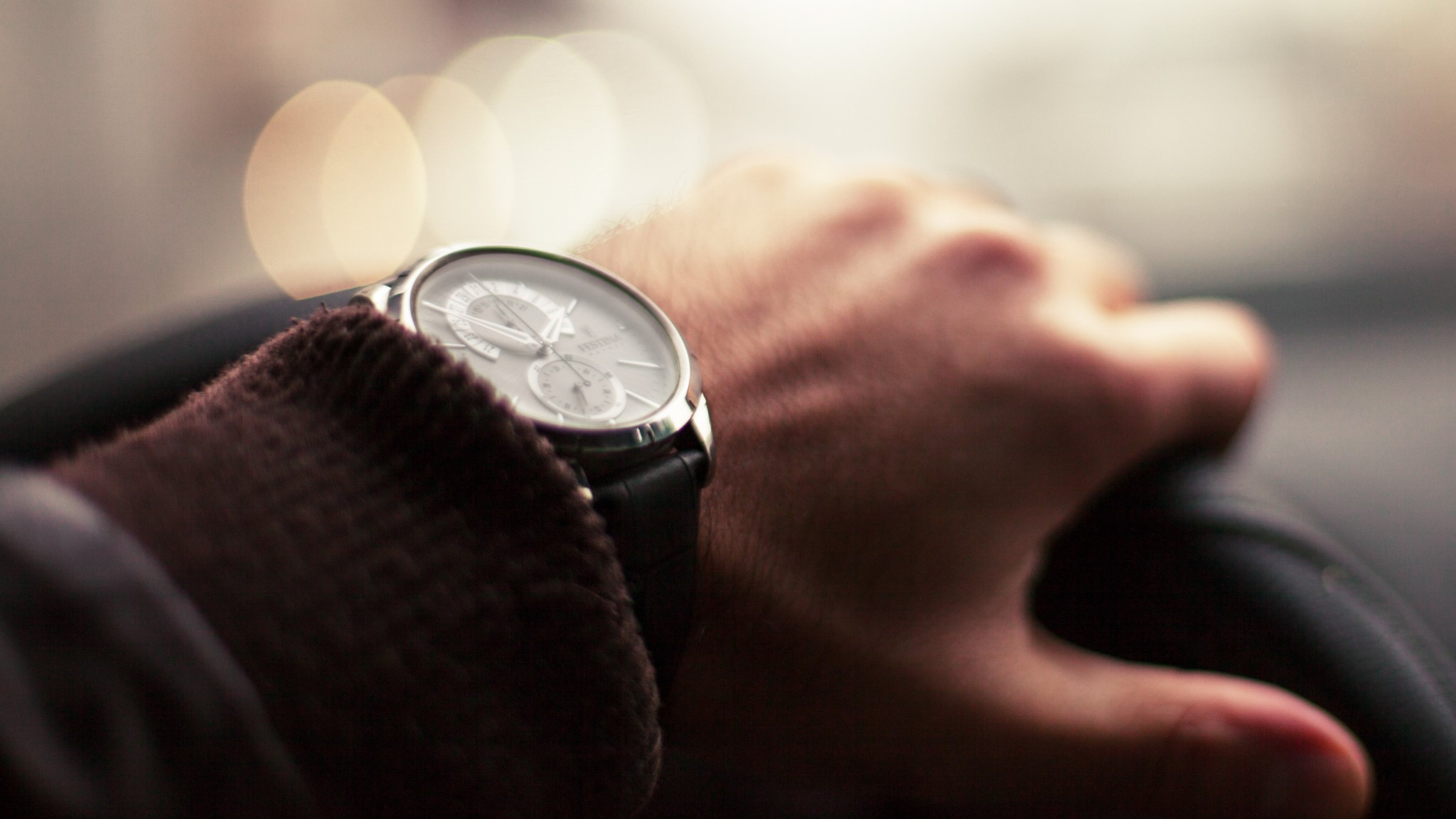
“Multitasking is shifting focus from one task to another in rapid succession. It gives the illusion that we’re simultaneously tasking, but we’re really not. It’s like playing tennis with three balls.” – Edward M. Hallowell, a psychiatrist
As you’re reading this article, are you listening to music, checking your Whatsapp or e-mailing at the same time?
Since the 1990s, we’ve been associating multitasking with productivity, efficiency and competency. Almost all of us spend part or most of our day either rapidly switching between tasks or juggling two or more things at once.
While multitasking may seem to save us time, psychologists, neuroscientists and others are finding that it can cause us stress and actually make us less efficient. In fact, multitasking is a misnomer. Our brains can only focus deeply on one task at a time. When we attempt to multitask, we are in fact switching our attention between tasks and sacrificing focus.
Perhaps one may argue that we are capable of multitasking seamlessly, such as simultaneously listening to music and working. We can do a couple of things at the same time if they are routine, but when they demand more cognitive process, the brain is unable to attend to all tasks. Instead it rapidly switches focus and there is no temporal overlap.
A 2001 study published in The Journal of Experimental Psychology, found that for all types of tasks, participants lose time when they move back and forth from one undertaking to another. It also takes significantly longer to switch between more complicated tasks. Scientists at the Center of Cognitive Brain Imaging at Carnegie Mellon University also discovered that when people drive in traffic and hold conversations, the area of the brain that manages these functions is overwhelmed. Rather than doubling brain activity, it’s decreased, so each task is completed less efficiently and competently than if carried out separately. That’s why texting and driving is dangerous.
In the context of work, a 2005 study, “No Task Left Behind? Examining the Nature of Fragmented Work,” found that people were interrupted and moved from one project to another about every 11 minutes. And each time, it took about 25 minutes to come back to the same project.
As the evidence stacks up, organisations are looking for ways to promote the single-tasking movement. So how do we develop a single-tasking habit?
- Prioritise.At the start of each day, prioritize your tasks into three groups: the tasks that you must do, tasks that you should doand finally those tasks that you would like to do. Focus only on the “musts”.
- Use the 80/20 rule. 20% of the work you do gives 80% of the impact and effectiveness. Focus on identifying the 20% of your tasks that are really effective, and do them one at a time.
- Do less.Acknowledge that you can’t do everything. This doesn’t mean you’re working less hard, rather you’ll be less stressed when you recognise that you will never complete everything. It’s okay to say no.
- One task at a time.Give yourself blocks of time during which you only work on one task. Close your email, turn your phone on silent, and just focus. Or when answering emails or messages, allocate times in the day to process them in batches, so they’re less of a distraction throughout the rest of your day. Timothy Ferris, author of The 4-Hour Workweek, advocates checking email once a day or less!
- Take rest breaks.Research tells us that our pre-frontal cortex puts ideas together and can only process one thing at a time. Therefore, multi-tasking taxes our pre-frontal cortex, making it more difficult to solve problems or integrate information. This means we need to take breaks during the day, allowing our brain to do “nothing”. Go for a walk, get exercise, listen to music, or meditate. Paradoxically, when you stop thinking about a problem/topic, you’ll find you’ll be able to better solve it after a break.
Dr Rick Hanson writes that “big changes start with just one thing” Research has shown that little daily practices can change the way your brain work. Just One Thing is a treasure chest of over fifty practices created specifically to deepen your sense of well-being and unconditional happiness.
















